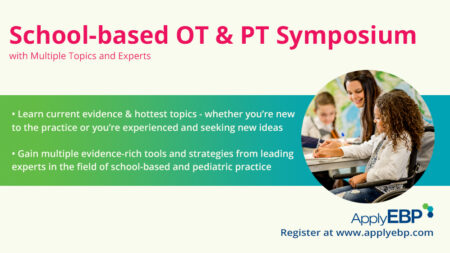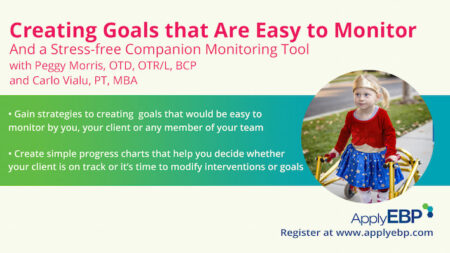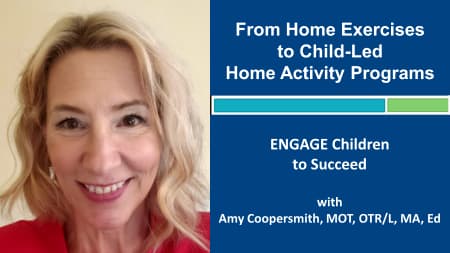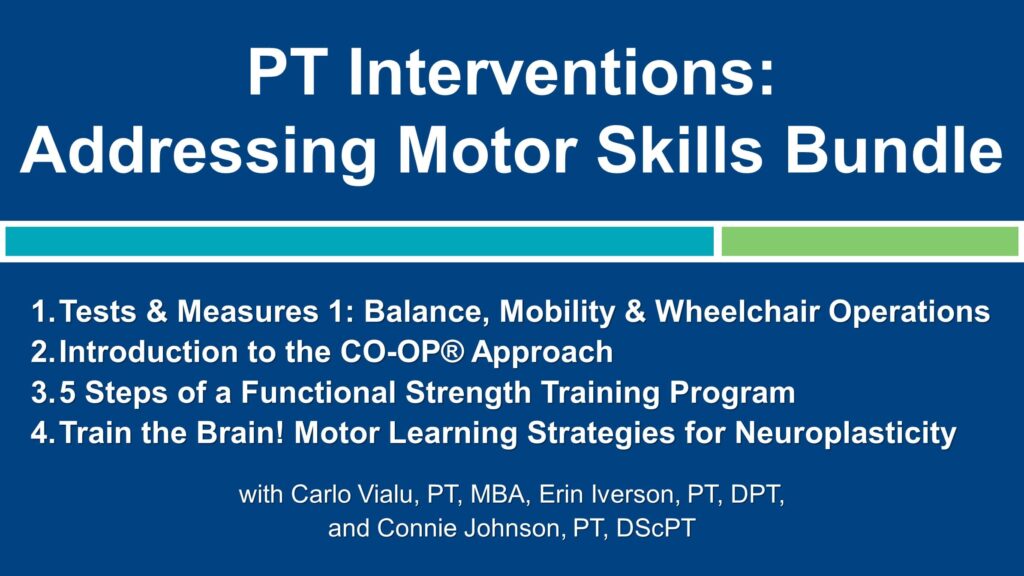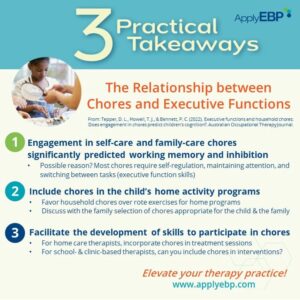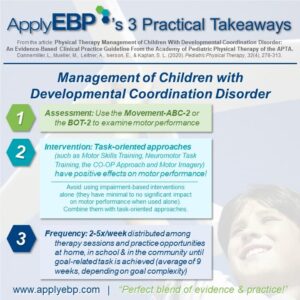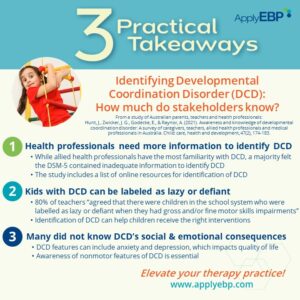3 Practical Takeaways
How Do You Know If Your Interventions Are Working?
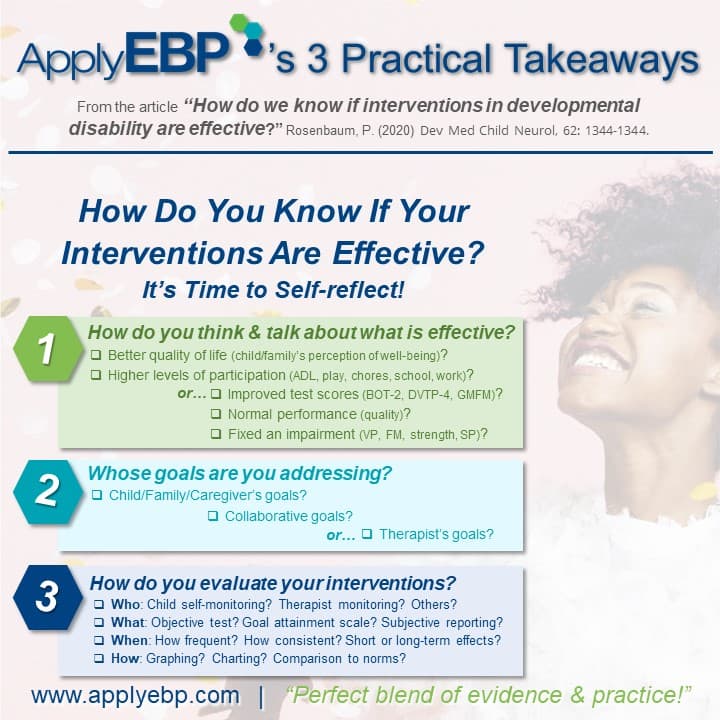
Self-reflection is an important part of an evidence-informed practitioner’s work. So this week, we take a pause on research of what works, and focus on how do we, as practitioners, measure if our interventions are working for the children that we are working with?
In an editorial by Dr. Rosenbaum (2020), he encourages researchers to reflect on how their research determines the effectiveness of interventions. Apply EBP would like to encourage occupational, physical and speech therapy practitioners to do the same self-reflection, so we direct the editorial’s 3 questions to your own practice.
To start off your reflection, we added some items to think about, but feel free to add more, especially after you read his editorial. I found his first question to be very powerful, as the way we think and talk about effectiveness impacts the views of our clients, and the people that surrounds them.
As you answer the questions, reflect on how you have incorporated the #3PracticalTakeaways we have shared with you so far. Then add your takeaway or read others’ takeaways in the Comments section below.
Click below to download,
print and share the infographics
Continue to Elevate Your Practice with Our...
Featured School
Symposium
The Well-Equipped Therapist!
- Symposium
The Well-Equipped Therapist!
- Symposium
The Well-Equipped Therapist!
- Symposium
Featured Live
Workshop
Creating Goals that Are Easy to Monitor
- Single Topic
Featured On-Demand
Webinar
Child-Led Home Activity Programs
Featured Webinar
Bundle
PT Motor Skills Interventions Bundle
Reference:
“How do we know if interventions in developmental disability are effective?” Rosenbaum, P. (2020) Dev Med Child Neurol, 62: 1344-1344.

